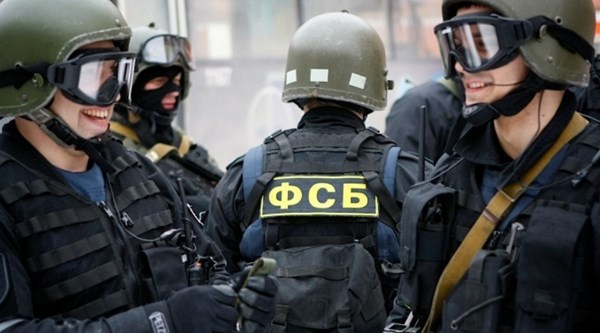The US has slightly eased sanctions against the Russian FSB
The United States Department of the Treasury has slightly eased sanctions against the Russian Federal Security Service (FSB). This, according to some experts, may help some US technology companies.
The directive, published on February 2, canceled some of the sanctions imposed by former U.S. President Barack Obama at the end of last year against the Federal Security Service of Russia.
U.S. citizens, companies, and other entities were forbidden to engage in any commercial relations with the Russian FSB. Now it will be possible to spend up to $5,000 a year on the purchase of permits from the Russian FSB to import software products and information technology.
Sam Cutler, sanctions expert at the New York based consultancy firm, Horizon Client Access, told Radio Liberty that such a step was made primarily to help American companies.
President Donald Trump previously said last week that it was too early to talk about lifting sanctions against Russia, but that he hoped for a "good relationship" with Moscow.
During the presidential campaign, Trump had repeatedly stated the need to improve relations between Washington and Moscow, and spoke positively about Russian President Vladimir Putin, which provoked the international community’s concern.
The United States, like other G7 countries, the European Union, and several other states have, beginning in 2014, launched a coordinated effort to introduce sanctions against Russia in connection with the destabilization of Ukraine and Russia's aggression against it in the Crimea and later in the Donbas. The sanctions were aimed mainly against Russian individuals and legal entities, as well as against individuals and institutions from the Donbas, Crimean separatists, and members of the former leadership of Ukraine. In addition, the sanctions were imposed on some entire sectors of the Russian economy.
In December, the last month of President Barack Obama's administration, the U.S. expelled 35 Russian diplomats and imposed new sanctions as a result of the cyber-attacks during the presidential campaign, that Moscow is believed to be responsible for.
